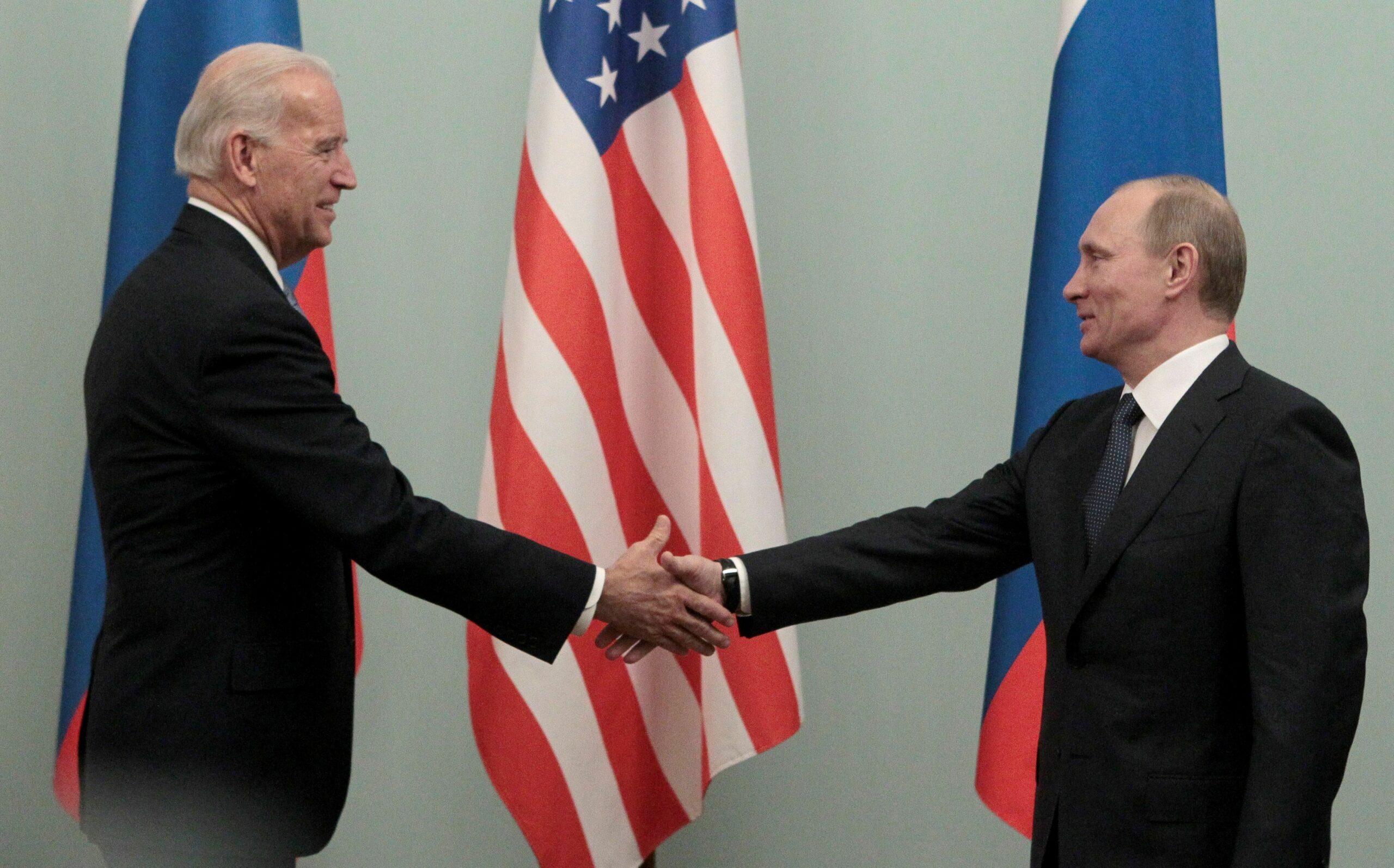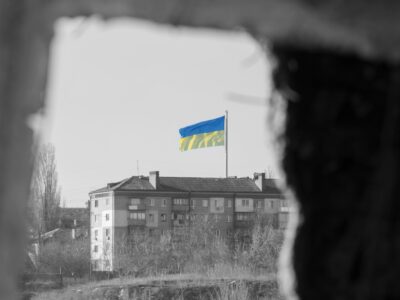Ahead of US-Russia Talks, Coalition Urges Biden to Further Strengthen Diplomatic Efforts and Avert War
Coalition of 15 organizations calls on the administration to engage with Russian security concerns, use Minsk II framework as basis for peace accords
WASHINGTON, DC — This morning, a bipartisan coalition of organizations sent a letter to the Biden administration in support of their efforts to engage diplomatically with Russia. On Monday, Russian and U.S. officials will meet in Geneva for the first of three rounds of security talks set to take place next week.
The letter, which was led by the Quincy Institute for Responsible Statecraft and Just Foreign Policy, was signed by a bipartisan coalition of 15 U.S. foreign policy, veteran, religious, non-profit, and advocacy organizations including Beyond the Bomb, Common Defense, Concerned Veterans for America, Defense Priorities, Friends Committee on National Legislation (FCNL), Global Zero, Physicians for Social Responsibility, Peace Action, Progressive Democrats of America, The American Committee for US-Russia Accord, RootsAction, Veterans Global Peace Network, and Veterans for Peace.
Considering Russia’s substantial military deployment near Ukraine, the groups highlight that diplomatic engagement is “necessary to avert a military conflict that will harm the interests of the United States, harm innocent civilians in Ukraine, and risk spiraling into a potentially catastrophic war between the world’s two leading nuclear powers.”
The groups urge U.S. officials to “press both Ukraine and Russia to implement a workable version of the Minsk accords,” the 2015 agreement that Secretary of State Anthony Blinken called “the most promising avenue for diplomacy” to resolve this conflict. To avert a disastrous war and reach lasting peace, the groups write, the U.S. should adopt a policy rejecting the further expansion of NATO and enter into a serious, sustained strategic dialogue that “addresses the root causes of tension with Russia.”
The groups note that while “dialogue does not necessarily preclude the use of other mechanisms to deter Russia aggression,” diplomacy is the “only reasonable path” toward successfully resolving this conflict; this is especially true given the asymmetrical nature of U.S. and Russian interests in Ukraine which, as President Obama once noted, guarantees that Russia will always have a stronger interest in Ukraine than the United States does.
The letter is available to download here.

